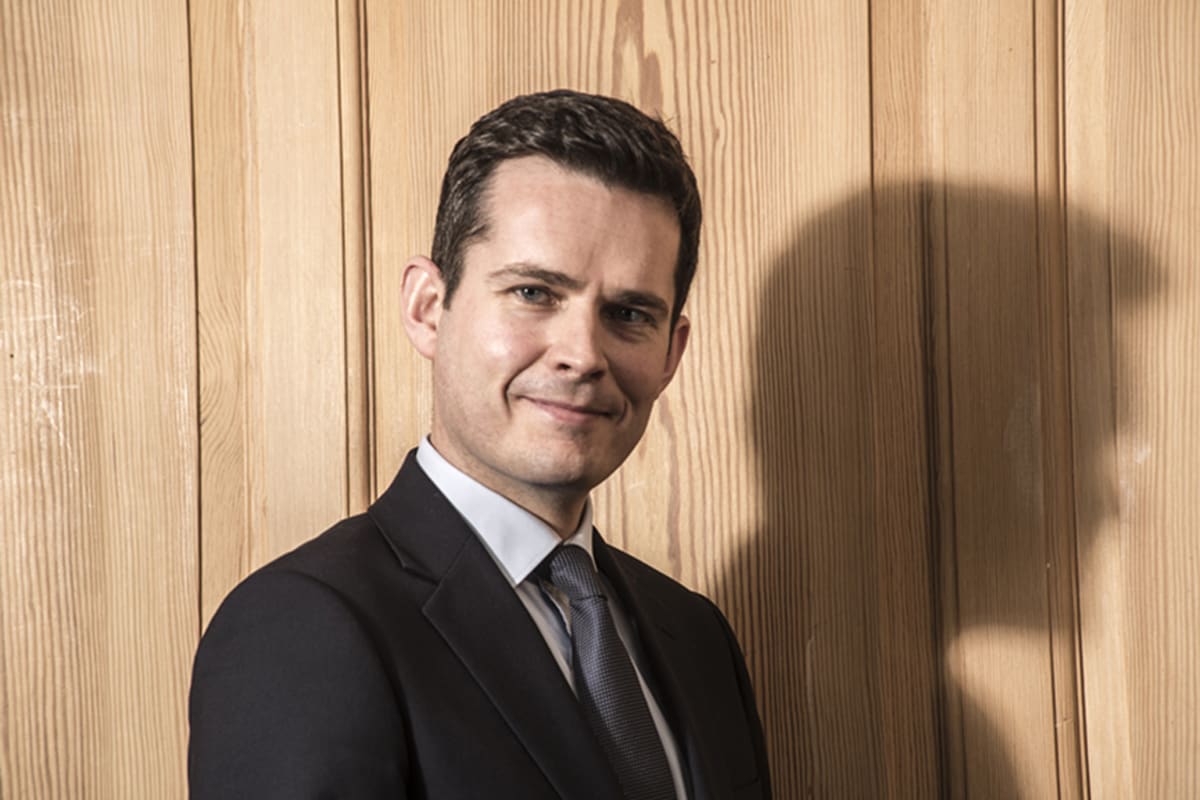Directors in corporate real estate need to recognise the value of flexible workplaces for businesses to stay ahead of the curve
The world of the flexible workspace is rapidly changing and directors in UK corporate real estate (CREs) need to change with it if they’re going to keep ahead of the market, says IWG’s UK CEO Richard Morris.
The last few years have seen nothing short of a complete workspace turnaround in which there has been “a complete repackaging of how workspace is offered and consumed,” he explains. Part of this has been seen through the growing demand for flexible workspaces as people increasingly spend more time working outside of their company’s traditional office space.
IWG’s recent Global Workplace Survey, which gathered data from more than 15,000 professionals across 80 countries, found that more than half of employees now spend half of their week working outside of their main office.
But Morris, who has led IWG’s UK business for four years, overseeing the Regus and Spaces brands, says that, in spite of this massive shift towards flexible working, “Businesses are still spending millions of pounds on offices that are only being used 50% of the time.”
He says the challenge facing CREs at the moment is that occupiers still see serviced offices simply as a place to rent and run a business from, when the reality couldn’t be further from the truth. “The industry needs to stop thinking of flexible workspace as an office for hire,” he explains. “It is a fast-growing range of value-added services that makes a workspace, and the professionals occupying it, as efficient as possible.”
Morris believes the development of technology and the increasing fight for talent across different sectors is another factor presenting issues for businesses determined to occupy traditional real-estate offerings. “With a war for the country's brightest talent raging, businesses are under increasing pressure to occupy exciting real estate that is amenity rich while remaining cost effective,” he says.
But with the ability for a company to double its online server space in a matter of clicks, its physical growth is then restricted by a lack of office space. “The rigid traditional leases corporations have been tied into restrict the growth that technology is making possible and CRE directors simply cannot know what they are going to need in two years’ time, let alone ten or 20,” Morris says.
The solutions to these issues lie in the flexible market, which Morris says has a phenomenal amount on offer to companies of all shapes and sizes in terms of quality and value for money.
“We now live in an age where a workplace is not just somewhere you can go every day,” he says. He explains there are numerous twists that companies can place on the concept of a workplace in order to provide more than just a day-to-day office where people sit behind their desks.
When run well, they help to nurture and encourage communities, while many will offer the all-round experiences “that go way beyond the traditional bare necessities that a business needs to function,” he says. And whether that means providing quality refreshments and leisure facilities or a full management of onsite operations, “The office-as-a-service model removes a myriad of concerns and enables businesses to get on with the things that really matter to them.”
Morris continues: “If I was running a business now, I would find it difficult doing the 'old fashioned' thing of signing a long lease on one workspace.” In short, businesses need to accommodate what their workers want and need, especially as what employees want from their workspaces has shifted so dramatically, too.
“Professionals are choosing to work where they want, when they want, according to what is right for them,” Morris says. So any business owners or CREs who think they know what their operation and their staff will need in two years’ time – let alone ten – are ignoring the speed at which the world is changing and, Morris concludes, “run the risk of making some very expensive miscalculations.”
Find out how IWG could help improve your company’s work culture






